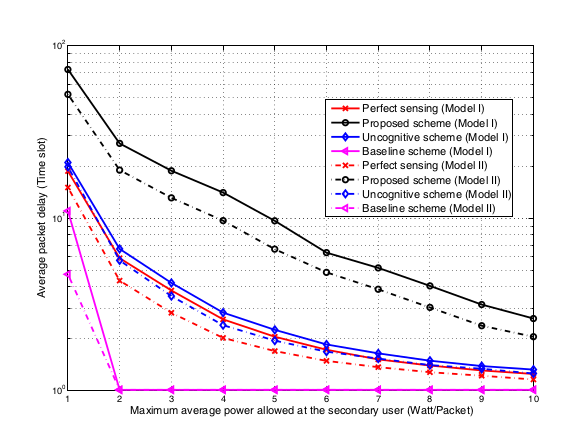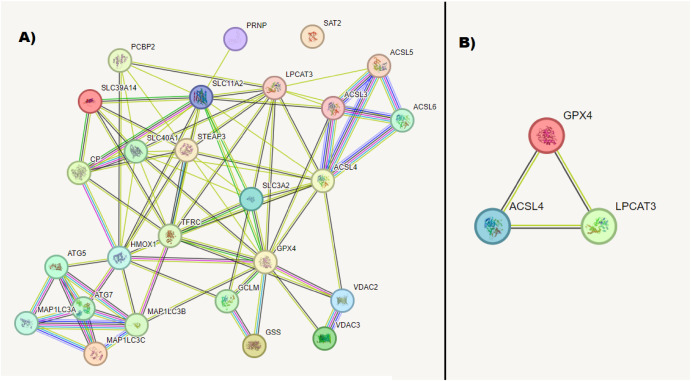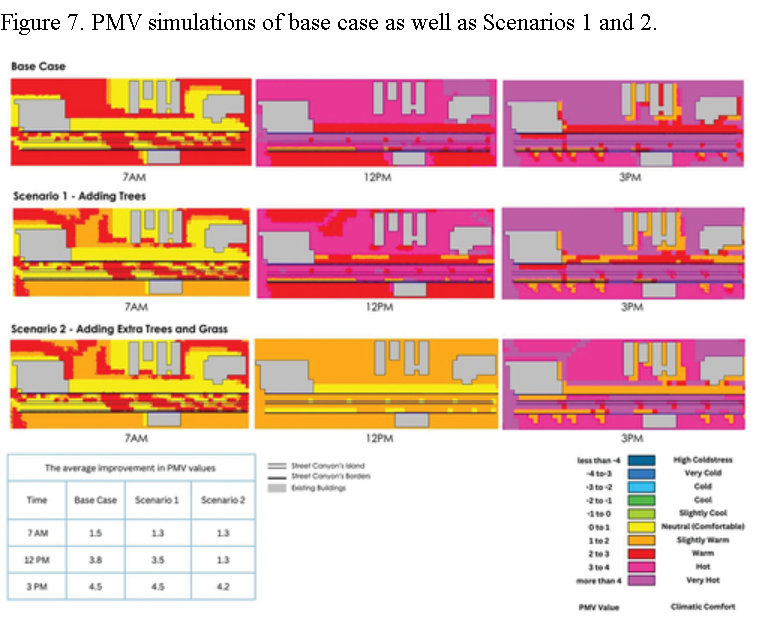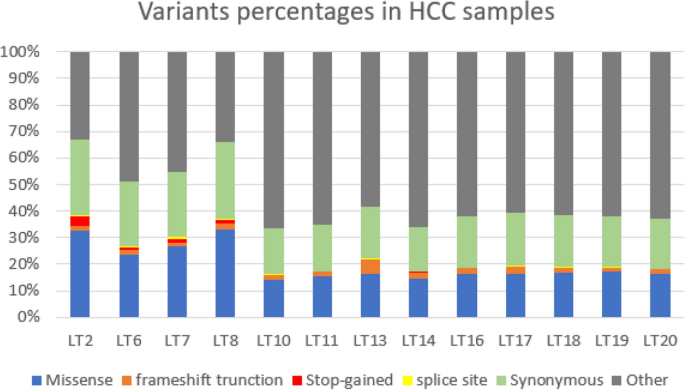

A minimum-delay cross-layer transmission policy for cognitive multi-access networks with imperfect sensing
A cognitive network is considered in which a primary user and a secondary user are transmitting to a common receiver. Successive interference cancellation is performed at the common receiver to guarantee that no interference is experienced by the primary user. At the beginning of each time slot, the secondary user senses the channel of the primary user to determine if the primary user is active or idle. The sensing scheme is not perfect and thus there are nonzero probabilities of miss detection and false alarm. The secondary user transmits a variable number of packets in each time slot and the number of transmitted packets is determined via a probabilistic cross-layer algorithm which minimizes the average packet delay of the secondary user under an average power constraint. A constraint on the maximum collision probability is imposed to guarantee an acceptable quality of service for the primary user. The problem is shown to be quasi-convex, and thus, can be solved efficiently. Our results indicate that even with sensing errors, the throughput of the network increases significantly with increasing the number of transmitted packets. However this comes at the expense of increasing the average delay of the secondary user. © 2012 IEEE.



